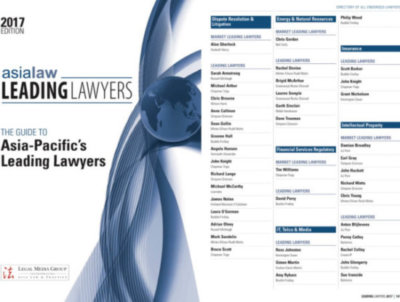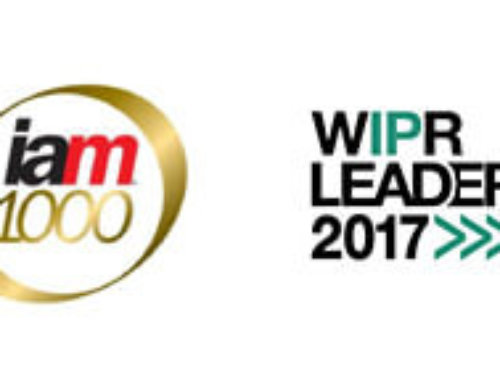In a move toward making the country “smoke-free” by 2025, the New Zealand government has proposed new legislation forcing all tobacco products into plain packaging – no logos, no defining colours, just product names in a standardised font on brown paper – and it’s causing an uproar among the big tobacco companies.
Of course, the tobacco industry has faced these kinds of challenges before. In 1963 cigarette advertising was banned from television and radio. Then in 1974 the first warnings appeared on packaging, with regulations stipulating that 30% of the front and 90% of the back must include graphic health warning images. It’s hard to argue with the motive as tobacco consumption is the leading global cause of preventable death; in New Zealand 13 people a day and more than 5,000 a year die as a direct result of cigarette smoking.
New Zealand is not alone in this campaign to clamp down on package branding. A similar case is now before the High Court in Australia, and New Zealand as well as Canada and the UK are closely watching the developments. The proceedings are being led by British American Tobacco, which is arguing the proposal is a violation of their trade mark and intellectual property (IP) rights. The key discussion point is whether IP rights that have previously been granted can then be effectively ‘taken away’. They are also arguing that the move would make it easier for black market operators to sell counterfeit products.
From an IP perspective, the most interesting question is how such legislation effectively removing IP rights of a holder could affect a country’s ability to meet international IP obligations and comply with free trade agreements. Several members of the World Trade Organisation (WTO) have raised concerns about trade barriers and called the Australian Bill “inconsistent” with TRIPS (Trade-Related Aspects of Intellectual Property Rights). TRIPS is an international agreement setting the minimum standards on protection of intellectual property for WTO members and includes copyright laws, patents, trade marks and confidential information, as well as specifying enforcement and dispute resolution procedures. As individual governments introduce unique rules and laws the protection of a global brand or trade mark becomes incredibly problematic, as no single advisor can be apprised of separate conditions and situations across hundreds of countries. Furthermore, the Australian case could set a precedent that any rights granted could be at risk of removal at a later date by a future government.
The Trans Pacific Partnership (TPP) Agreement (to be signed end of 2012) is a free trade agreement with nine countries: Australia, Brunei Darussalam, Chile, Malaysia, New Zealand, Peru, Singapore, Vietnam, and the United States and perhaps more players in time. Proponents of the TPP argue that it could boost trade revenue among the countries by NZD$1.1 trillion. Some suggest, however, that the TPP agreement could enable foreign corporations to challenge legitimate health, social and environmental policies in international tribunals, and therefore severely limit the ability of governments to introduce this kind of tobacco (or alcohol) policy change in the future. Australia is pushing for exemptions from such clauses in any international agreements they sign. In fact more than 60 judges, lawyers, MPs and academics across New Zealand recently issued an open letter calling on lead negotiators to reject the “investor-state dispute settlement” mechanism, and follow Australia’s lead.
We’ll keep you posted with developments.






